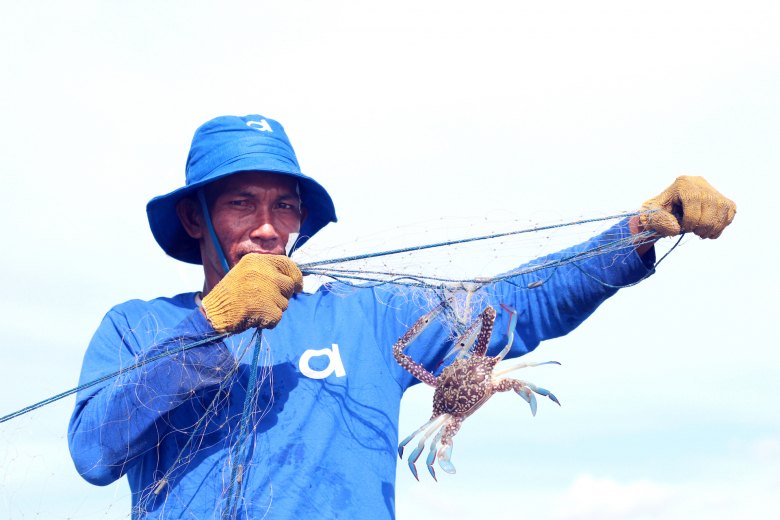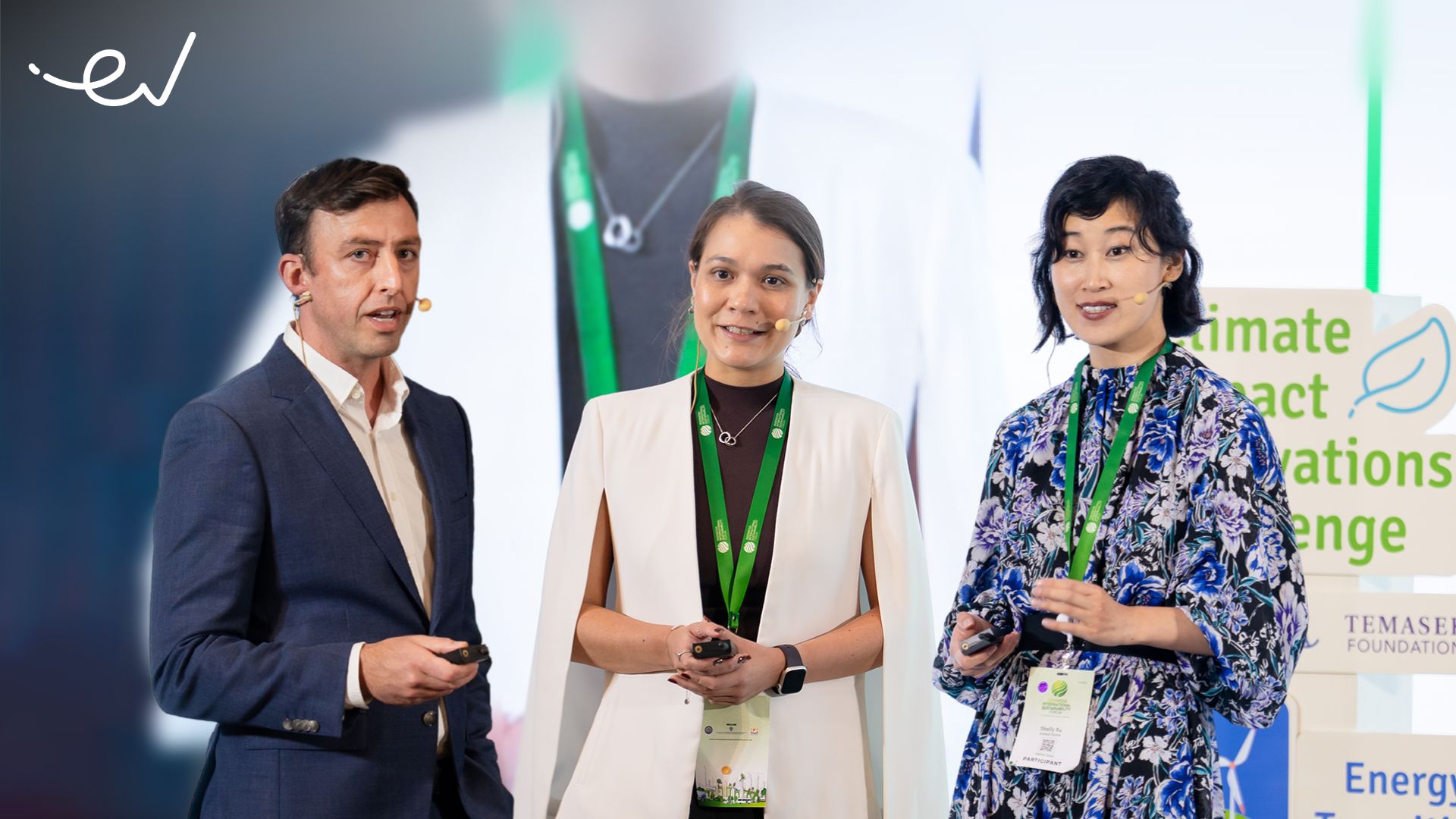East Ventures’ thesis on local agritech, Aruna
With over 23 million tons of annual seafood production, Indonesia is second only to China in the global seafood market. The fishery sector generates approximately US$ 4.1 billion in annual export earnings, empowers more than 7 million jobs, and contributes 50% of Indonesia’s animal-based dietary protein.
However, this sector has not been a focus by local and global capital market participants – and the industry faced multi-layered issues, particularly on the inefficient supply chain, fishermen’s welfare, illegal and overfishing, and long-term sustainability.
The supply chain has been a long-constraint issue for the sector, with problems such as logistic cost inefficiency, lack of cold storage infrastructure, and lengthy shipping routes which are consequences to the vast geographical spread of Indonesia. This is further exacerbated as the bulk of these fishermen live in rural coastal areas with limited infrastructure far from urban Jakarta and other western parts of Indonesia, where consumers live.
Multiple mediators exist in the supply chain, mostly as rent-seekers, leading to a higher price of produce while the fishermen themselves remained poor. Average Indonesian fishermen only earned US$ 84 per month, amongst the least paid in the country, and contributed up to 25% of the national poverty rate.
This poor condition of fishermen has brought more issues, related to unsustainable fishing practices, including illegal fishing and overfishing on the ocean. These techniques damaged marine habitats and harmed the fishing industry in Indonesia. The Conservation Strategy Fund estimated that harmful fishing practices contribute to economic losses of over US$ 10 billion each year, which could even outweigh the entire economic output of the sector.
Environmental sustainability begins with the people. This was the vision of Aruna, which since 2016 has helped compress the complexity of the supply chain system by connecting fishermen directly to end customers, cutting costs, and leading to better price transparency.
East Ventures invested in Aruna’s seed round in 2019 as we believe in founders Utari Octavianty, Farid Naufal Aslam, and Indraka Fadhillah to solve these issues through technology.
We doubled down on Aruna’s Series A and A+ rounds in 2020 and 2022 as we witnessed how the company onboarded more than 25,000 fishermen on its platform and helped to more than double their income. We believe that this improvement in the fishermen’s livelihood will translate into long-term environmental sustainability as well as contribute to Indonesia’s food security.
The startup has also contributed to the national economy by creating 5,000 job vacancies in rural coastal areas, places of which Aruna became the sole formal employer.
Problems within agritech – such as those tackled by Aruna – are very local and unique to Indonesia. Yet balancing economic and social development with environmental sustainability has become a global focus; and Indonesia, one of the world’s most biodiverse countries, will become an epicenter.
There are no Ubers, Amazons, or Airbnbs of the world solving hyperlocal, chronic supply chain issues and there were no Silicon Valley startups for Farid and his team to model Aruna from. However, the problems that Aruna is addressing are very real, and it happened in other verticals including farming, poultry, forestry, and many others.
At East Ventures we believe Indonesian companies such as Aruna can truly make a difference; not just locally, but also in solving a global problem. For startup founders out there – if you are working on and up to this challenge – we are keen to support you.
***
By Pascal Christian Sarana, VP of Investment at East Ventures








